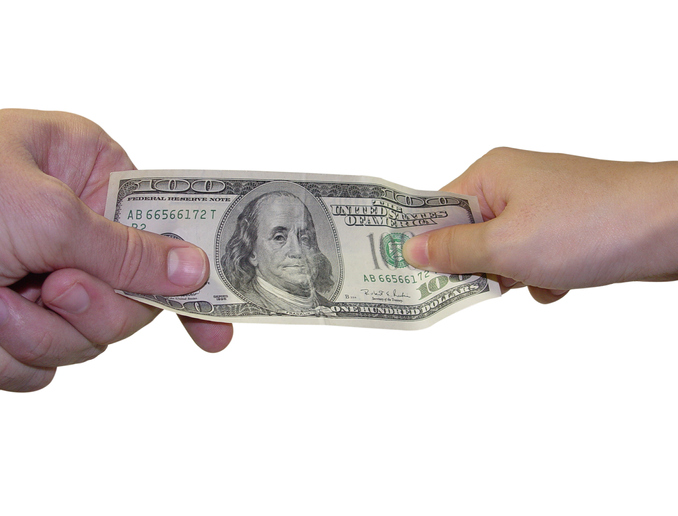After House Speaker Kevin McCarthy made it clear that he was unwilling to make concessions to Democrats on a list of GOP demands, the White House and legislative Republicans’ discussions about raising the debt ceiling took on a new, more aggressive tone this week.
Republicans’ demands include the following in exchange for lifting the debt ceiling:
Budget Reductions: In exchange for increasing the debt ceiling, Republicans want Democrats to accept hefty budget reductions. They have suggested a variety of particular cuts, such as those to Social Security, Medicare, and Medicaid.
Budget Process Modifications: Republicans want to alter the budget process to make it more challenging for the government to borrow money. They have suggested a number of specific modifications, such as making it necessary for a supermajority in Congress to raise the debt ceiling and binding the federal government to a balanced budget amendment.
Modifications to Immigration Law: Republicans are requesting that Democrats raise the debt ceiling in exchange for changes to immigration law that they support. They have put out a number of concrete suggestions, such as creating a wall along the border between the United States and Mexico and scrapping the Deferred Action for Childhood Arrivals (DACA) policy.
Democrats have stated that they will increase the debt ceiling on their own if necessary and have rejected all of these demands. The U.S. economy is seriously threatened by the debt ceiling impasse, and it is uncertain how it will be addressed.
On July 31, 2023, the U.S. government’s debt limit is anticipated to be reached. The government will be unable to pay its obligations and may go into default if Congress does not raise the debt ceiling. Currently, the U.S. government owes $30 trillion in debt. The U.S. economy would be severely damaged by a national debt default. A recession could result with a default, according to the Federal Reserve. A default might also result in a decline in trust in the value of the dollar.





